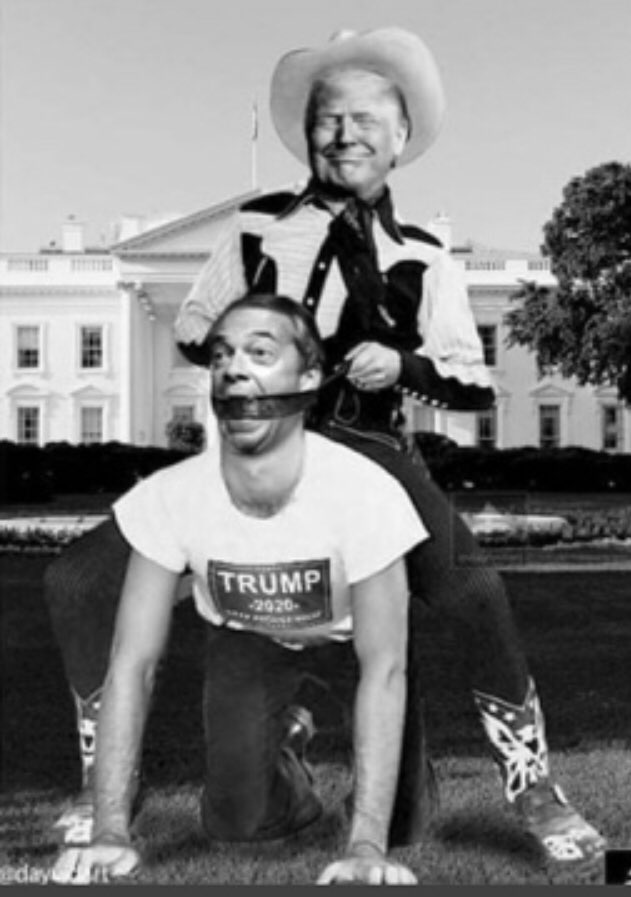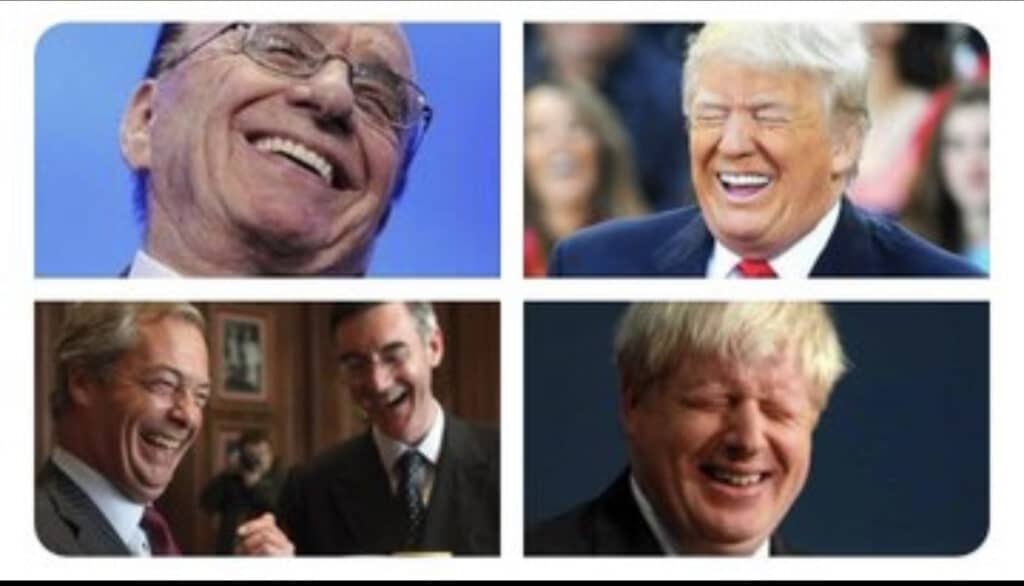Since securing a controversial second term in the 2024 presidential election, Donald Trump has intensified an authoritarian style of leadership that critics say threatens the very core of American democracy. From open threats to strip citizenship from critics to weaponising federal agencies against political opponents, Trump’s post-2024 presidency has been marked by escalating power grabs, a lack of transparency, and a relentless focus on vengeance over governance.
Perhaps most emblematic of this authoritarian turn is his repeated refusal to release unredacted files related to Jeffrey Epstein, a promise he floated during both of his campaigns. Despite public demand for transparency and accountability in one of the most high-profile criminal scandals in recent memory, Trump has maintained a tight grip on the Epstein documents. The decision has drawn criticism from both sides of the political aisle and has led many to question whether the president is protecting powerful allies and himself.
Let’s begin with Jenny and Lee from Gogglebox:
Then his golf prowess:
Then his history with Epstein, young girls, and sex workers
Do Not Walk On By This:
Epstein was never just a sex trafficker:
And all the while, Trump attempts to distract those who, let’s face it, are easily distracted:
Broken Promises, Buried Files, and Distraction Galore
During the 2020 and 2024 campaigns, Trump frequently teased the idea of exposing the full truth about Epstein’s connections to the global elite, hinting at a “massive cover-up” involving political figures and celebrities. Yet, more than a year into his second term, no meaningful disclosure has been made. The Department of Justice, now tightly aligned with the president’s inner circle, has refused to comment on the status of the Epstein files, citing “national security concerns” — a justification that legal experts say is both vague and suspicious.
The lack of action stands in stark contrast to Trump’s earlier populist promises to “drain the swamp” and pursue justice without favour. Instead, critics argue, he has used the Epstein scandal as both a shield and a smokescreen — invoking it when useful to attack rivals, while quietly burying the evidence behind closed doors.
Rather than deliver on transparency, Trump has leaned heavily into distraction tactics to shift public focus away from growing concerns about his administration’s lack of accountability. He has repeatedly used social media — particularly his Truth Social platform — to launch inflammatory attacks on political opponents, celebrities, and even former allies.
Most recently, Trump stirred outrage by suggesting he might revoke the citizenship of comedian Rosie O’Donnell, who relocated to Ireland earlier this year. The unprecedented statement, which legal scholars immediately denounced as unconstitutional, drew headlines and public debate — but also conveniently deflected attention from renewed pressure to release the Epstein files.
This pattern has become familiar. Whenever scrutiny intensifies — whether regarding corruption allegations, policy failures, or questions of fitness to govern — Trump reaches for the tools of distraction: personal attacks, bombastic claims, and exaggerated threats. It’s a tactic pulled straight from the authoritarian playbook: control the narrative, silence critics, and overwhelm the public with chaos.
Since 2024, Trump has also taken steps to centralise power within the executive branch. He has purged senior officials from intelligence and law enforcement agencies, installed loyalists with limited qualifications, and granted sweeping new authorities to federal departments through dubious executive orders.
Voting rights advocates have reported an increase in targeted disenfranchisement, particularly in Democrat-leaning districts. Trump-aligned state legislatures have passed laws making it more difficult to vote, while the president has called for stricter ID requirements, reduced mail-in voting, and purges of voter rolls.
Trump has also reportedly compiled “enemies lists” within federal agencies — echoing Nixon-era paranoia — and instructed departments to identify employees who are “not fully loyal to the MAGA agenda.”
Many observers fear that the United States is now witnessing the steady erosion of democratic safeguards, one norm at a time. The refusal to release the Epstein files is not just a failure of transparency — it’s part of a broader shift away from accountability and toward unchecked executive power.
Abroad, allies have expressed increasing concern about the United States’ political direction. European leaders, once wary but diplomatic during Trump’s first term, have now been openly critical. Ireland’s Taoiseach recently responded to Trump’s comments about Rosie O’Donnell, defending her right to free expression and calling the president’s rhetoric “dangerous and un-American.”
Human rights organisations, including Amnesty International and Human Rights Watch, have also warned of backsliding in the U.S., pointing to growing repression of dissent, threats to journalists, and the politicisation of law enforcement.
And don’t get me started on Israel:

Or his collusion with other authoritarian figures:






Or on the impact on the poorest, who are ironically his main voter base:
Since Donald Trump’s re-election in 2024, his administration’s economic and social policies have had a disproportionate impact on the poorest Americans, deepening inequality and straining already fragile communities. Cuts to welfare programmes, housing assistance, and healthcare access have left millions more vulnerable, while tax breaks and deregulation have overwhelmingly benefited the wealthy and large corporations.
One of the most significant changes has been the rollback of federal food assistance. The expansion of work requirements for SNAP (Supplemental Nutrition Assistance Program) has pushed hundreds of thousands off the rolls, including low-income parents, elderly people, and individuals with disabilities. For many families, these cuts have resulted in worsening food insecurity, particularly in rural and underserved urban areas where job opportunities remain scarce.
Healthcare has also taken a hit. Trump has continued efforts to dismantle the Affordable Care Act, slashing subsidies and making it harder for low-income Americans to enrol. As a result, uninsured rates have climbed, especially among those living in states that did not expand Medicaid. Simultaneously, funding for community health centres has been reduced, making it more difficult for poor and marginalised communities to access basic medical services.
In housing, Trump’s administration has withdrawn support for low-income rental assistance and halted protections against evictions introduced during the pandemic. Homelessness is rising in several major cities, with affordable housing projects stalled due to federal inaction or outright opposition. The poorest Americans are increasingly being pushed out of their homes while rents continue to climb unchecked.
Meanwhile, labour protections have been weakened, and wages for low-income workers have stagnated even as inflation and living costs rise. With unions under increasing pressure and safety nets fraying, working-class and impoverished Americans are bearing the brunt of policies that favour corporate power and authoritarian control over equity and social stability.
In summary, Donald Trump’s second term has thus far been defined by a consolidation of power, hostility toward dissent, and a refusal to uphold even the most basic expectations of transparency. His authoritarian style, once dismissed by some as bluster, now appears fully embedded in presidential policy and rhetoric.
The Epstein files remain sealed. Civil rights are under siege. And the president seems more focused on personal vendettas than national progress.
As Trump barrels ahead with an iron grip on the institutions of power, many Americans — and much of the world — are left asking: how much longer can democracy withstand the gaslighting and deceit?
As one very astute person stated:








